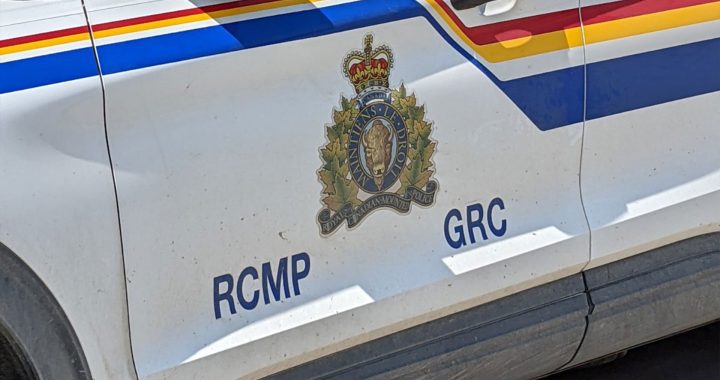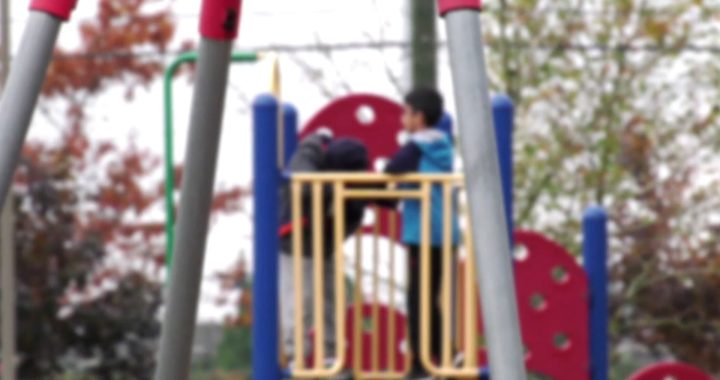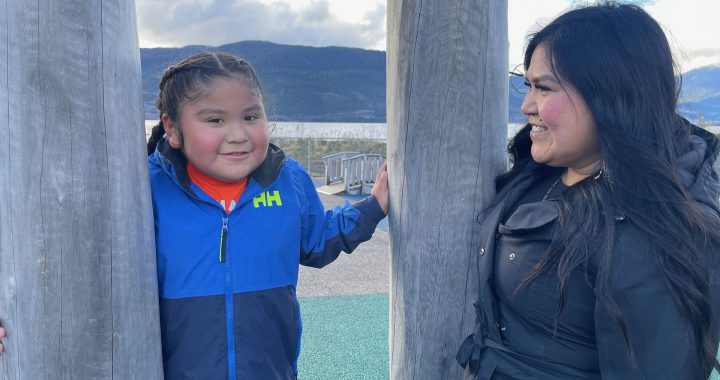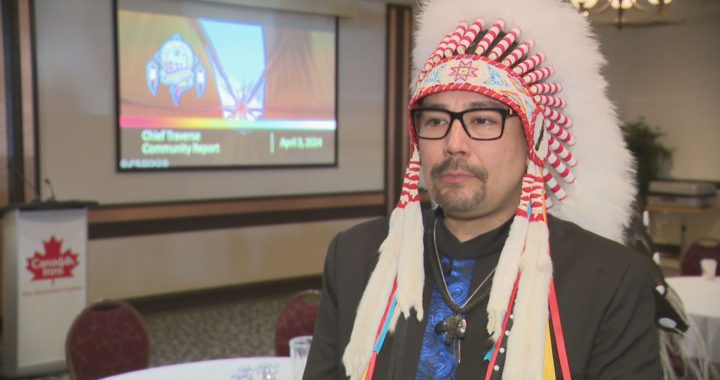Reducing the risk of suicide and homicide in Indigenous boys needs to be part of reconciliation, says a report by Manitoba’s advocate for children and youth.
“Manitoba needs to build systems that recognize and address the inequities caused by historical injustices experienced by boys and young men,” acting advocate Ainsley Krone writes in the report released Thursday.
“At the root of these findings is the ongoing legacy of colonization and continuing experiences with systemic discrimination and racism, which underscore adverse childhood experiences and service disparities for boys.”
The advocate reviewed previous investigations into the lives and untimely deaths of 45 Indigenous boys who died by suicide or homicide between 2009 and 2018. Interviews were done with family members, community leaders, service providers and elders.
The review determined that 82 per cent of the 45 were First Nations or Metis, and nearly half were living in remote or northern communities.
The report outlines common risk factors in each boy’s case and says the majority experienced three adverse events in their early lives: neglect, violence in the home and parental substance use.
The youth in the report were not referred to by their real names for privacy reasons.
In the case of one boy, identified as Aaron, a child welfare agency became involved shortly after he was born to provide services to the family. His parents had a difficult and sporadic relationship, characterized by violence and substance use disorder, the report says.
Agency workers took Aaron from the home when he was 11, along with his siblings, after they found the children without food.
The youth’s struggles in school began at that time and he was suspended twice for episodes involving weapons, drugs and drug paraphernalia.
Aaron was eventually returned to the care of a parent, who struggled to address the youth’s violence in the home. The parent contacted police and crisis teams to help with the boy’s behaviour.
A few months before his 18th birthday, Aaron and his parent were left homeless when they were evicted from their home. A few days later, the teen was involved in a fight with another teen boy and he was stabbed to death.
Another boy, called Adam in the report, died by suicide when he was 14. He was brought into care at an early age because of his parents’ substance use disorders and violence in the home. He was eventually returned to his parents.
The report says that child and family services had no documentation from the time Adam was seven until his death about any interventions or supports for him and his family.
Adam’s parents brought him to the hospital when he was 14 after he had been experiencing suicidal thoughts. He was also using substances, setting fires, stealing, and harming others. He went into care during this time. He died by suicide the following year.
Krone makes four new recommendations, including the development of culturally safe interventions for parents with substance use disorders and culturally appropriate school initiatives tailored to Indigenous boys.
The report also highlights a previous recommendation from 2018 urging the government to respond to a lack of effective treatment services for youth with substance use problems.
If you’re experiencing emotional distress and want to talk, call the Hope for Wellness Help Line at 1-855-242-3310. It’s toll-free and open 24 hours a day, 7 days a week or connect online at hopeforwellness.ca.
If you or someone you know is in immediate danger, call 9-1-1 or the number for emergency services in your community.










